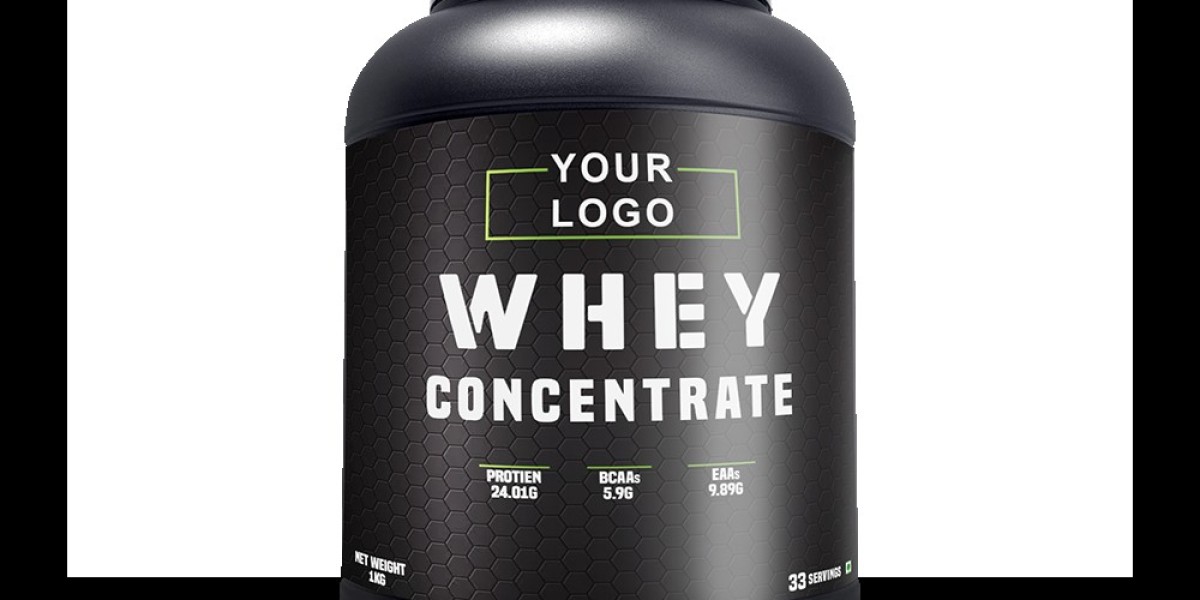The demand for protein powders has grown exponentially in recent years due to the increasing focus on fitness, health, and wellness. Athletes, bodybuilders, and fitness enthusiasts regularly use protein supplements to support muscle growth, recovery, and overall nutrition. For brands looking to enter this market, partnering with a trusted protein powder third party manufacturer gomzilifesciences.
Third party manufacturing allows businesses to produce high-quality protein powders under their own brand name without investing heavily in production facilities, machinery, or technical expertise. This approach not only saves costs but also ensures consistent quality, compliance with regulations, and faster time to market.
Creating a protein powder brand without professional support can be challenging. Protein powder third party manufacturing offers multiple benefits for businesses, including startups, SMEs, and established health brands. Here are the key reasons to consider it:
1. Expertise in Protein Powder Formulation
Experienced third party manufacturers employ teams of nutritionists, food scientists, and quality control experts who specialize in protein powder production. They can create custom formulations such as whey protein, casein protein, soy protein, pea protein, and plant-based protein powders. These formulations are designed to meet various consumer needs, including muscle building, weight management, and post-workout recovery. Best whey protein manufacturers in India - Gomzilifesciences
2. High-Quality Ingredients
Reputable manufacturers source premium-grade raw materials to ensure purity, potency, and nutritional value. Each batch undergoes rigorous testing to guarantee safety and effectiveness. Using high-quality ingredients ensures that your protein powder delivers the desired results, helping build customer trust and brand credibility. you can also try protein powder small pack
3. Regulatory Compliance
Top manufacturers follow strict guidelines such as GMP (Good Manufacturing Practices), ISO certifications, and FSSAI approvals. Compliance wi
4. Customization
Third party manufacturing allows brands to customize protein powder formulations, flavors, packaging, and labels. This flexibility helps businesses create unique products that stand out in a competitive market. Customization also enables brands to cater to specific target audiences, such as athletes, vegans, or weight gain consumers.
5. Cost-Effective Production
Setting up an in-house manufacturing facility requires substantial investment in machinery, infrastructure, and skilled staff. Outsourcing production to a trusted third party manufacturer significantly reduces these costs while maintaining high product quality. This approach is especially beneficial for startups and small businesses looking to enter the protein supplement market.
6. Scalability and Flexibility
Reliable manufacturers can handle both small and large-scale production efficiently. This scalability ensures that your business can expand production as demand increases without facing supply chain or production bottlenecks. Brands can start with smaller batches and gradually scale up based on market response.
7. Faster Time to Market
Third party manufacturers already have ready-to-use production lines and tested formulations, which allows brands to launch products quickly. This reduces the time and effort required to develop and produce protein powders in-house, giving businesses a competitive edge.
8. Consistent Quality and Reliability
Trusted third party manufacturers maintain strict quality control procedures, ensuring that every batch of protein powder is consistent in taste, texture, and nutritional content. This consistency builds customer loyalty and strengthens your brand’s reputation.
9. Focus on Marketing and Growth
By outsourcing production, brands can focus on marketing, distribution, and customer engagement rather than worrying about manufacturing challenges. This allows for more efficient allocation of resources and faster brand growth in the competitive sports nutrition market.






